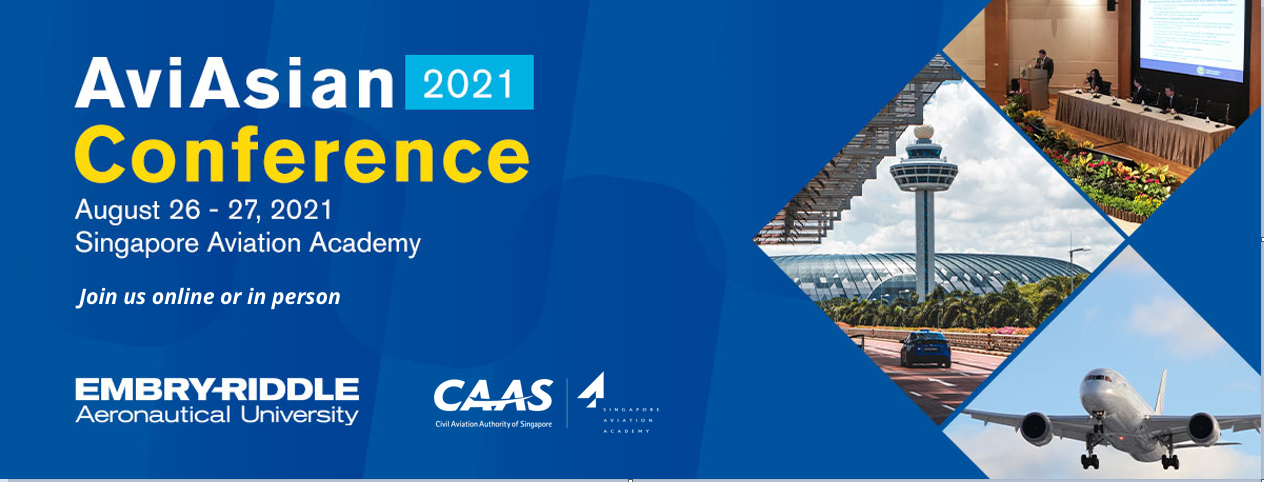
Synopsis
Aviation industry is evolving at an unprecedented rate and the demand for air travel is predicted to double over the next 20 years. With the accompanied advancement in technology, air travel has always proven to be a safe and reliable mode of transportation.
Fortunately, past years of statistics of accidents attributed to pilots’ mental health was extremely low. Many incidents and accidents were averted by the competent and professionalism displayed by the pilots. However, this does not guarantee future and indefinite accident-free operations resulting from pilot’s deficient mental health.
Most pilots in the world are extremely proud of their job. However, surveys on pilots have found that the exhausting flying hours, diminishing benefits, huge training debts, and continuously demanding performance have vastly changed the realities of a pilot’s job. Recently, the unprecedented Covid-19 pandemic that almost upended the aviation industry has threatened their job security. As a result, many were retrenched, furloughed or suffered severe pay-cuts. The bleak recovery without any certainty insight has exacerbated the situation and escalated their stress level to become a preamble to deficient mental health.
Pilots are encouraged to have healthy lifestyle and worklife balance that will likely improve their mental health and professional performance. However, a proper infrastructure to recognise and avail treatment to pilots suffering from deficient mental conditions is imperative. It is prudent for trained aviation medical practitioners to pay closer attention to the well-being of pilots and addresses any mental issues that may arise. Maintaining and sustaining the highest level of aviation safety are important, but the need for better attention and care for the mental health of the pilots are equally critical.
Biographies
View bio.

Session 5: Pilot’s Mental Health – The Need for Better Attention in Aviation Industry
Aviation industry is evolving at an unprecedented rate and the demand for air travel is predicted to double over the next 20 years. With the accompanied advancement in technology, air travel has always proven to be a safe and reliable mode of transportation.
Fortunately, past years of statistics of accidents attributed to pilots’ mental health was extremely low. Many incidents and accidents were averted by the competent and professionalism displayed by the pilots. However, this does not guarantee future and indefinite accident-free operations resulting from pilot’s deficient mental health.
Most pilots in the world are extremely proud of their job. However, surveys on pilots have found that the exhausting flying hours, diminishing benefits, huge training debts, and continuously demanding performance have vastly changed the realities of a pilot’s job. Recently, the unprecedented Covid-19 pandemic that almost upended the aviation industry has threatened their job security. As a result, many were retrenched, furloughed or suffered severe pay-cuts. The bleak recovery without any certainty insight has exacerbated the situation and escalated their stress level to become a preamble to deficient mental health.
Pilots are encouraged to have healthy lifestyle and worklife balance that will likely improve their mental health and professional performance. However, a proper infrastructure to recognise and avail treatment to pilots suffering from deficient mental conditions is imperative. It is prudent for trained aviation medical practitioners to pay closer attention to the well-being of pilots and addresses any mental issues that may arise. Maintaining and sustaining the highest level of aviation safety are important, but the need for better attention and care for the mental health of the pilots are equally critical.




